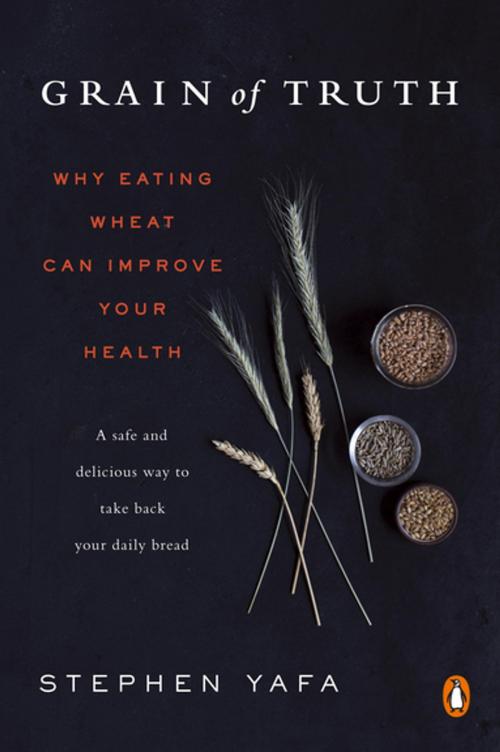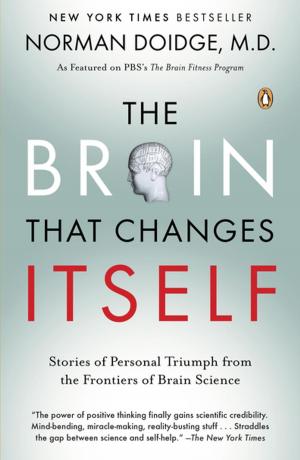Grain of Truth
Why Eating Wheat Can Improve Your Health
Nonfiction, Health & Well Being, Health, Ailments & Diseases, Allergies, Nutrition & Diet, Social & Cultural Studies, Social Science| Author: | Stephen Yafa | ISBN: | 9780698190238 |
| Publisher: | Penguin Publishing Group | Publication: | May 12, 2015 |
| Imprint: | Penguin Books | Language: | English |
| Author: | Stephen Yafa |
| ISBN: | 9780698190238 |
| Publisher: | Penguin Publishing Group |
| Publication: | May 12, 2015 |
| Imprint: | Penguin Books |
| Language: | English |
A Pollan-esque look at the truth about wheat: meal or menace?
No topic in nutrition is more controversial than wheat. While mega-sellers like Grain Brain and Wheat Belly suggest that wheat may be the new asbestos, Stephen Yafa finds that it has been wrongly demonized. His revealing book sets the record straight, breaking down the botany of the wheat plant we’ve hijacked for our own use, the science of nutrition and digestion, the effects of mass production on our health, and questions about gluten and fiber—all to point us toward a better, richer diet.
Wheat may be the most important food in human history, reaching from ancient times to General Mills. Yafa tours commercial factories where the needs of mass production trump the primacy of nutrition, and reports on the artisan grain revolution. From a Woodstock-like Kneading Conference to nutrition labs to a boutique bakery and pasta maker’s workshop in Brooklyn, he also finds that there may in fact be a perfect source of wheat-based nutrition. Its name is sourdough.
For readers of Salt Sugar Fat and The Omnivore's Dilemma, Grain of Truth smoothly blends science, history, biology, economics, and nutrition to give us back our daily bread.
A Pollan-esque look at the truth about wheat: meal or menace?
No topic in nutrition is more controversial than wheat. While mega-sellers like Grain Brain and Wheat Belly suggest that wheat may be the new asbestos, Stephen Yafa finds that it has been wrongly demonized. His revealing book sets the record straight, breaking down the botany of the wheat plant we’ve hijacked for our own use, the science of nutrition and digestion, the effects of mass production on our health, and questions about gluten and fiber—all to point us toward a better, richer diet.
Wheat may be the most important food in human history, reaching from ancient times to General Mills. Yafa tours commercial factories where the needs of mass production trump the primacy of nutrition, and reports on the artisan grain revolution. From a Woodstock-like Kneading Conference to nutrition labs to a boutique bakery and pasta maker’s workshop in Brooklyn, he also finds that there may in fact be a perfect source of wheat-based nutrition. Its name is sourdough.
For readers of Salt Sugar Fat and The Omnivore's Dilemma, Grain of Truth smoothly blends science, history, biology, economics, and nutrition to give us back our daily bread.















